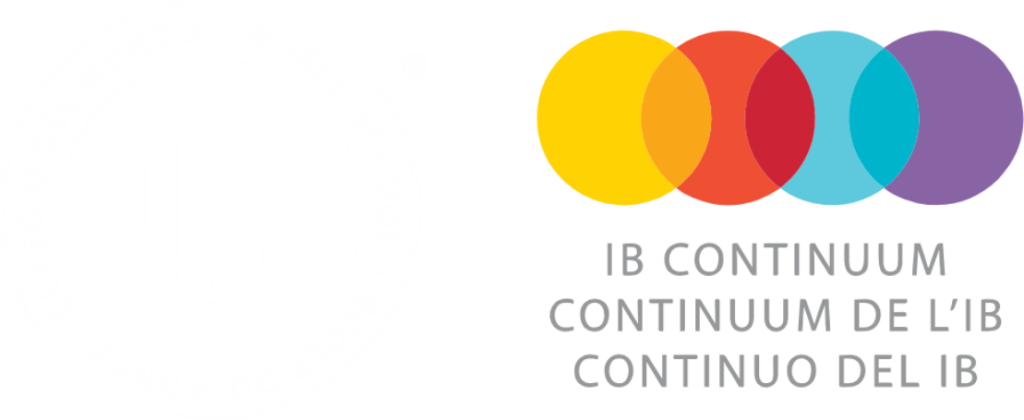Well – Being

Student Counselor
The ECE, Primary and Secondary school all have counseling departments designed to serve and assist the unique needs of their division. While addressing the academic, social, and emotional needs of students, counselors also act as a bridge between teachers and parents, working to create an environment where every student will have the tools they need to fulfill our school mission. The programs are preventative, collaborative, developmental and remedial in nature.
Counselors work with students on a range of issues, for example:
- communication and relationship building skills with peers, parents, and teachers
- time management and study skills
- stress management
- anxiety reduction
- self-esteem
- management of peer pressure
- transitions
Counselors support students who face learning and personal challenges. We may refer parents of students requiring ongoing therapies to outside service providers.
Counselors see students individually, in small groups, in the classroom and in informal settings. The counselor offers monitoring, consultation to teachers and parents, in-class programs and group work as well as individual sessions to students who have been identified as having social or emotional needs which affect their learning and/or relationships at school.
Health Centre
School nursing is a specialized and professional practice that advances the well-being and academic success of students and supports staff and faculty in areas related to health and wellness.
To promote the health and well-being of the SVP community, there is a nurse always on duty whenever students are on campus.:
Students should always inform their class teacher if they need to see the nurse, unless it is an emergency situation. A student may make their own appointment or just drop in during opening times e.g. lunch time before or after school.
Early Childhood Education (ECE)
Students’ well being in ECE is catered in the areas of :
- Physical Well being.
- Conducive learning environment. We provide a safe indoor and outdoor learning environment to support the learning age-appropriately. We conduct regular sanitation procedures to maintain the hygiene of our classrooms.
- Healthy lifestyle. Healthy lifestyle in ECE is promoted through:
- Washing hands before and after activities.
- Brushing teeth after snack time, for EY1 and EY2 students.
- Fruit and Veggie Day. Students are encouraged to bring healthy fruit and vegetables for their snack at school.
- Semester-based medical and dental check-up by the school nurse and dentist. Parents to get the record at the end of each semester.
- Social and Emotional Well being
- Religion lessons. We cater for five religions in Indonesia: Islam, Christian, Catholic, Buddhism and Hindu. Starting in EY1, the students will attend their designated religion lessons once in a week. The Iqra lesson (reading Quran) is also offered as one of our Extra Curricular Activities.
- Learner Profile attributes. The whole learning community plays an important part in developing, valuing, appreciating, monitoring and demonstrating the learner profile in action.
- Child Protection Policy. We are committed to preventing child abuse and protecting children within our community. This policy sets out to outline the actions that will be taken to ensure that all students are protected from all forms of abuse.
- Social Emotional Learning (SEL)
- SEL in ECE is an approach that is maintained by all teaching members in ECE.
- SEL is integrated to the implementation of learner profile attributes in all lessons.
- The lesson is delivered to the students in the classes by having the activities of storytelling, games, discussions and other engaging activities to share and nurture the values of good virtues. This is to help the students developing their self-awareness, self-management, responsible decision making, relationship skills and social awareness.
We are a multi faith multi denominational school that provides regular opportunities for students and staff to express their faith. We are inclusive and believe every child and community member should have the opportunity to practice their faith. We recognize the official religions of the Republic of Indonesia. |
Well-being in the Primary School
- Creating a safe environment
The physical safety of a school is crucial to ensuring students are safe from injury and harm.
Therefore, the Primary School provides:
- Students’ Code of Conduct
- Teachers on Duty supervise all play areas during break times
- Ensuring connectedness
Promoting the quality of the relationships between students and their teachers, between students and the school, between students and other students, and between school and the local community, including parents.
Therefore, Primary School provides:
- Buddy system for new students
- Parent Support Group
- Line Communication system
- Social Engagement
Social engagement is how a student is involved in the life of the school and can refer to the sense of belonging, positive relationships and participation in clubs and sports, etc.
Therefore, the Primary School provides:
- Student Council elections
- 33 Extra Curricular Activities, which covers various aspects
- Six Dream Teams
- Promoting social and emotional learning
Social and emotional learning (SEL) is the process through which children and adults acquire and effectively apply the knowledge, attitudes, and skills necessary to understand and manage emotions, set and achieve positive goals, feel and show empathy for others, establish and maintain positive relationships, and make responsible decisions.
SEL is fundamental not only to children’s social and emotional development but also to their health, ethical development, citizenship, motivation to achieve, and academic learning as well. (Elias et al., 1997, and CASEL, Safe and Sound, 2005)
PSPE (SEL) is integral to teaching and learning in the PYP and is embodied in the IB learner profile that permeates the programme and represents the qualities of internationally minded students and effective lifelong learners.
In the PYP, there will be opportunities for the development of personal, social and physical well-being through the relevant realistic context of the UOI. Teachers have a responsibility to help students to make explicit connections between different aspects of their learning.
The Primary school has Social Emotional Learning (SEL) lessons scheduled every fortnight for one period. The Primary School Principal and Vice Principals are responsible for teaching the skills needed to help all students to:
- Recognise their own self management
- Set and work on their self awareness
- Establish and maintain social awareness
- Make responsible decision-making and
- Form good relationship skills
Homeroom teachers have their weekly reflection to ensure all students benefit from the Social Emotional Learning lesson.
SEL in Secondary Division
Just like in the PYP, the SEL Program in Secondary School is adopted from the same program introduced by the International Baccalaureate to its affiliated schools. It is aimed to develop the students’ awareness of the need to pay attention to the emotional elements of teaching and learning. The program contains a collection of information and lessons to promote the development of more positive emotional environment and caring communities in classrooms and schools.
The lessons are conducted twice a month with a duration of 45 minutes. Depending on the context of the lesson, it can also be incorporated within their academic studies program Some lessons are also strengthened in many co-curricular activities conducted both within and outside school premises such as the Leadership Camp and the Student Council camp



